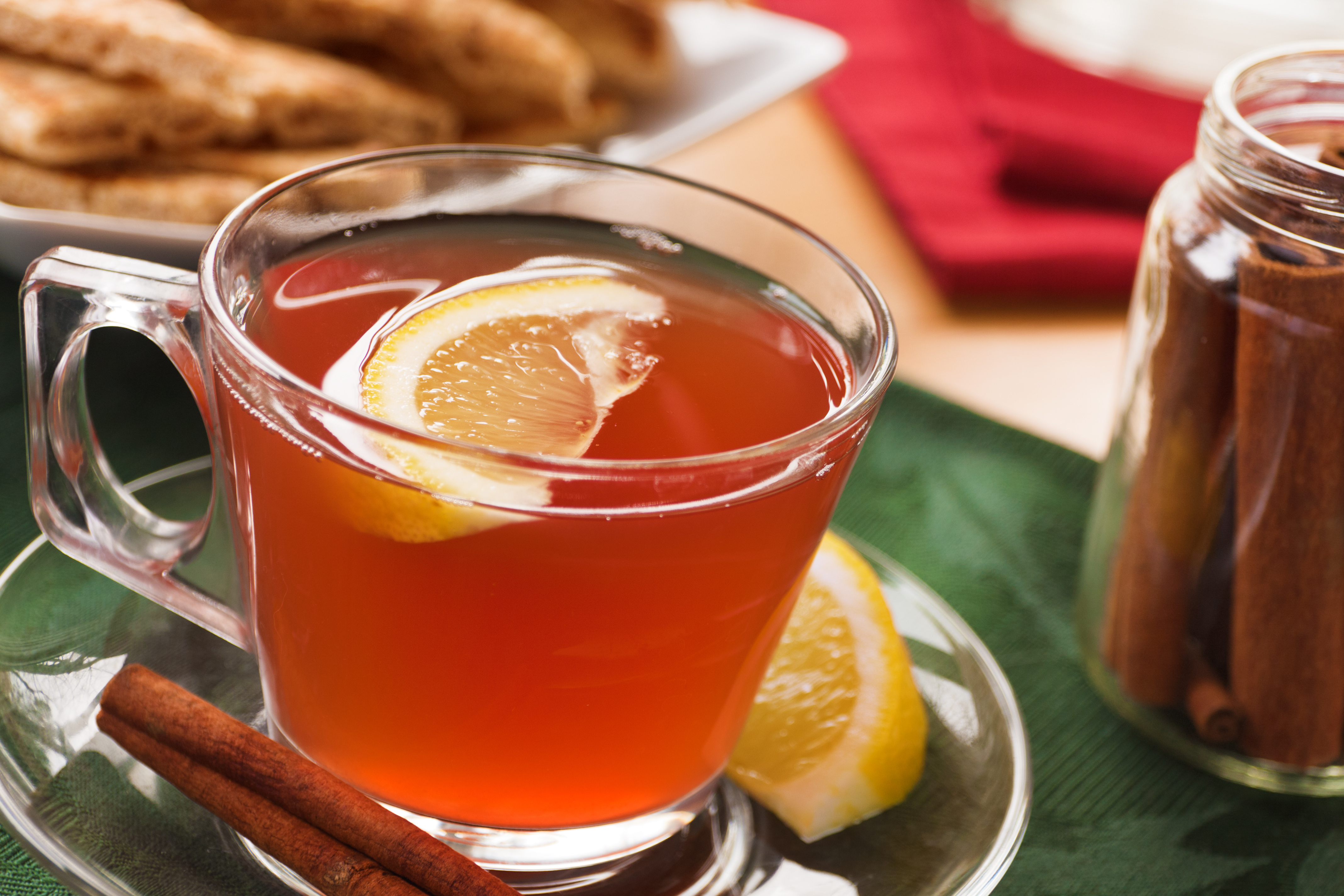One of the best things about baking for the holidays (aside from eating delicious results, that is) is the aroma in the house, am I right? Part of what makes those aromas so comforting is the spices in those baked goods. Think gingerbread, apple pie, eggnog bread pudding, etc. And, though you might not have thought about it before, those same spices that make your holiday favorites taste so good are also good for you! What luck! So, as you ring in the season this year, here are a few more reasons to make room in your diet for holiday treats (as if any of us needed extra reasons…).

Cinnamon
When purchased at a U.S. supermarket, the cinnamon from the spice aisle will likely be the darker colored, less expensive Cassia cinnamon (also sometimes called Chinese cinnamon), although there are other varieties available with slightly different taste profiles. While some research indicates that cassia cinnamon may be effective at lowering blood sugar in people who have diabetes, there is conflicting research and so the scientific jury is still out. Like many of the spices in this blog, cinnamon has some anti-microbial properties due to potent plant chemicals in its natural oils. Additional areas of research on cinnamon include cognitive function in older people, blood cholesterol and blood pressure lowering, and pain control. While studies use amounts of ground cinnamon that are in excess of what most folks would typically consume, consuming lots of ground cinnamon or cinnamon supplements isn’t advised. Instead, just use as much as you like with your regular foods—topping oatmeal and yogurt, in baking, etc. and feel good about all that comfy warmth and flavor!
Nutmeg
Both nutmeg and mace come from a tropical evergreen tree that grows, appropriately, in the Spice Islands. Ground nutmeg is from the seed portion of a nutmeg fruit, and mace is from the net-like covering of the seed. Nutmeg extract shows promise as an antibacterial agent for oral care (possibly helping prevent cavities), and a number of studies indicate it also has antimicrobial properties. Interestingly, there are some animal studies regarding nutmeg’s possible aphrodisiac properties, though whether you consider that a health benefit or not is your business.
Cloves
Cloves are my favorite holiday spice, perhaps because they are typically used generously in pumpkin pie—my favorite holiday dessert. Cloves and their oil have long been a folksy remedy for tooth pain, but there is likely more that they can do. A recently published review paper about cloves and health reveals several areas of emerging science where cloves seem to have a positive impact. These include increasing insulin sensitivity and uptake, which may have implications for diabetes or metabolic syndrome, and neurological roles including improved nerve transmission and decreasing oxidative stress, among others. And, like other spices, cloves appear to have some antimicrobial abilities as well. Frankly, even if cloves did nothing at all for health, I’d still be a huge fan, but this does make me feel better about that extra sliver of pumpkin pie.
Ginger
Humans have used ginger for health and healing purposes for centuries, for things like nausea and upset stomachs, and there’s evidence it also helps with morning sickness. In addition, there is a large amount of research on ginger’s potential usefulness in other conditions including cancer, inflammation, migraine, diabetes, and hypertension. Ginger contains a wide array of phytochemicals which likely act synergistically to produce their effects, though one called 6-gingerol appears to be of major importance. If gingerbread or molasses-ginger cookies are not your holiday tradition, perhaps just a nice cup of ginger tea might do the trick for you?